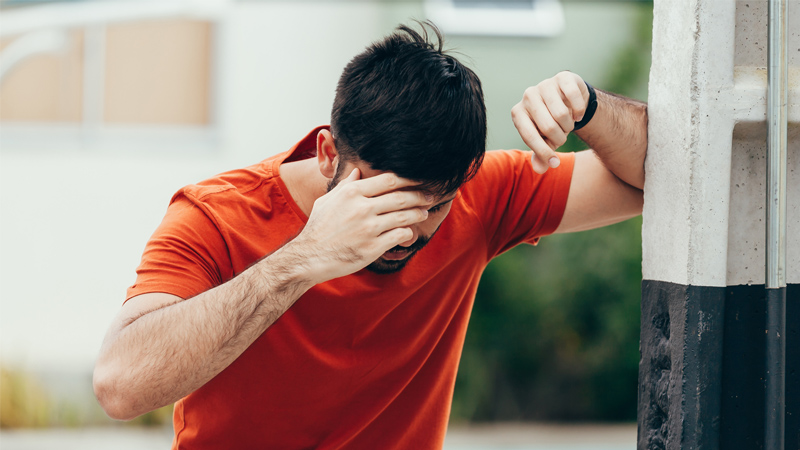The coronavirus isn’t still alive and active in people with ongoing symptoms—so why are they suffering for months with Post-COVID Syndrome?

The following written content by Ginny Graves
Last spring, when New York City hospitals were starting to get a handle on the first onslaught of COVID-19 cases, doctors at Mount Sinai Health System noticed something unusual: Some COVID-19 patients were still having symptoms weeks after their initial infection passed.
“They had issues like fatigue, brain fog, chest pain, shortness of breath, racing heart, GI symptoms, and anxiety and depression,” says Joan Bosco, M.D., an internal medicine doctor at Mount Sinai. “It was surprising, because some of the least sick patients initially wound up being the sickest down the road.”
Today we call them “long-haulers”—people who struggle with a range of puzzling, often debilitating, symptoms after a bout with the novel coronavirus—and many have been suffering for months. While some studies say only patients who have had symptoms for 12 weeks or more qualify as having post-COVID syndrome (PCS), many doctors say anyone who has persistent symptoms for four weeks after a COVID infection should talk to a doctor. And with COVID-19 cases in the U.S. soaring over 27 million—and 107 million worldwide—tens of thousands of people may be joining their ranks every month.
What is post-COVID syndrome?
Estimates of how many people develop post-COVID syndrome vary from 2% to 25% or more. Interestingly, PCS seems to affect more middle-aged adults than older adults, but as of yet no one knows for certain why it happens or whom it’s most likely to affect.
“That doesn’t mean it’s not real,” says Laurie Jacobs, M.D., an internist at the COVID Recovery Center at Hackensack Meridian Health in New Jersey. “Many of my post-COVID patients say their primary care doctors dismissed and disregarded their symptoms, which compounds their suffering.”
Shayna Zweiback, 27, from East Meadow, New York, who fell ill with COVID-19 in March, was one of those patients. Prior to the pandemic, Zweiback had suffered from depression, which was then exacerbated by her physical health issues. Read more from Prevention.
Advertisement






